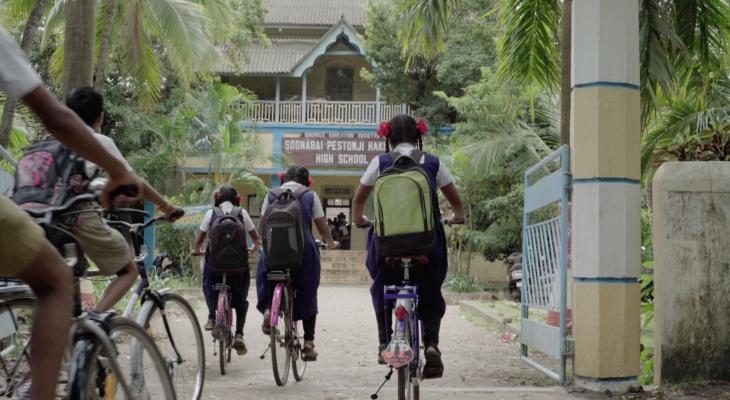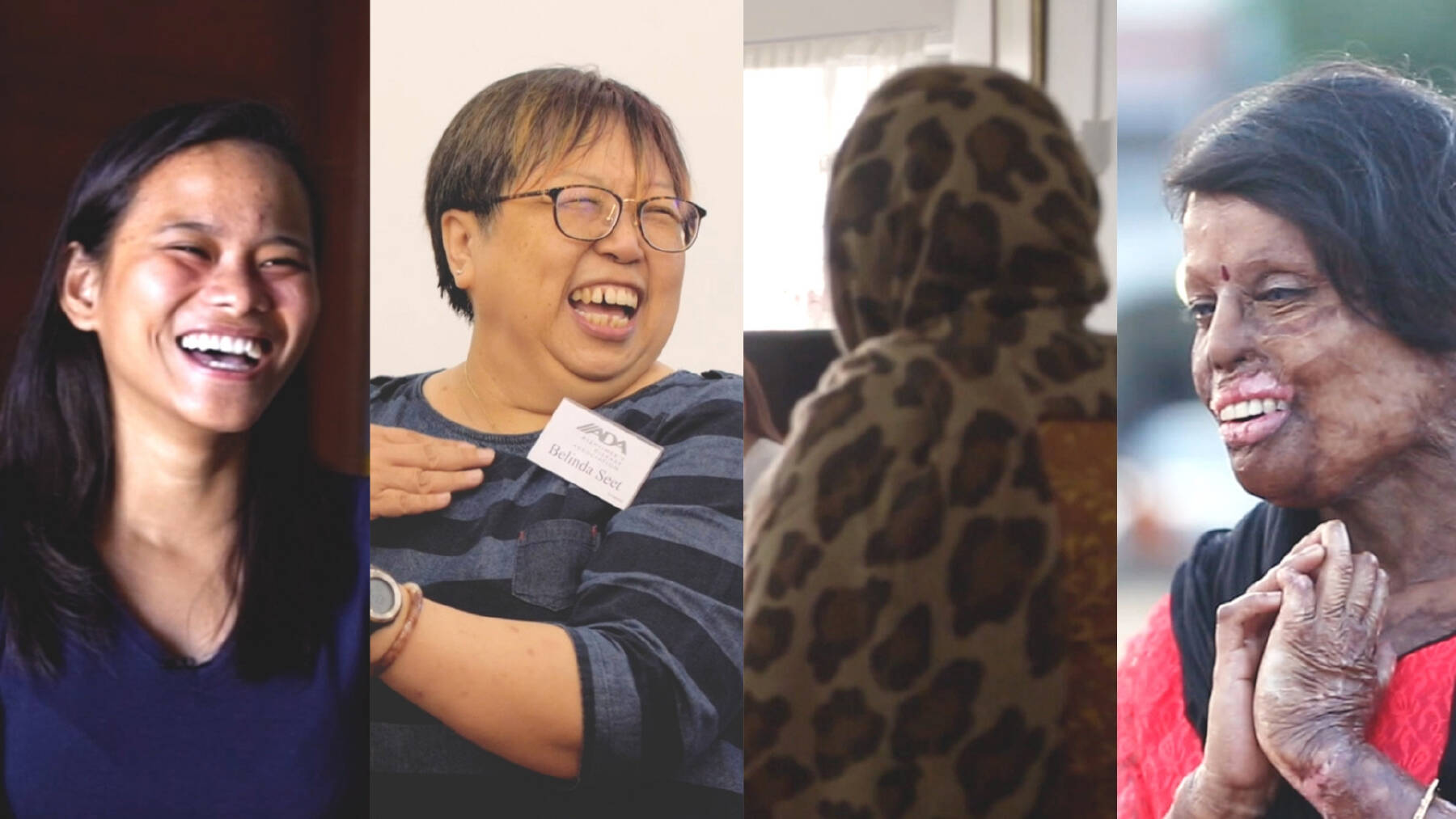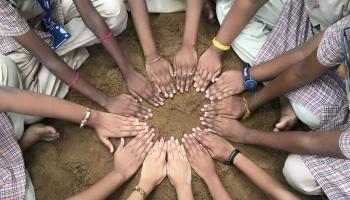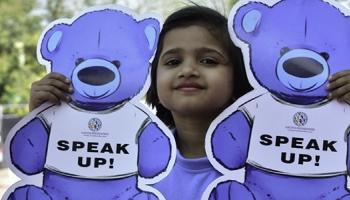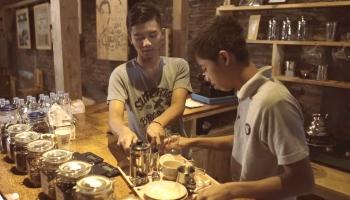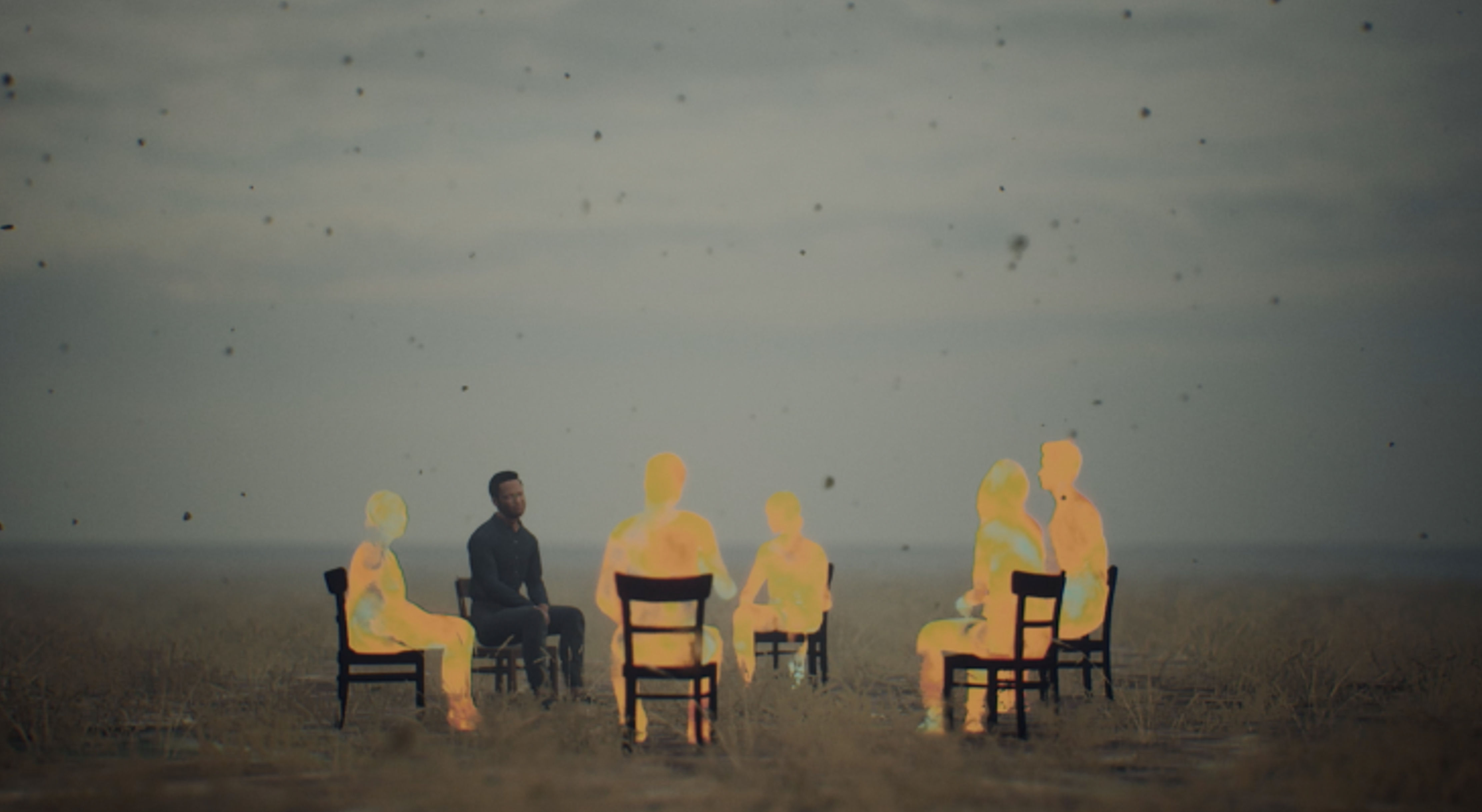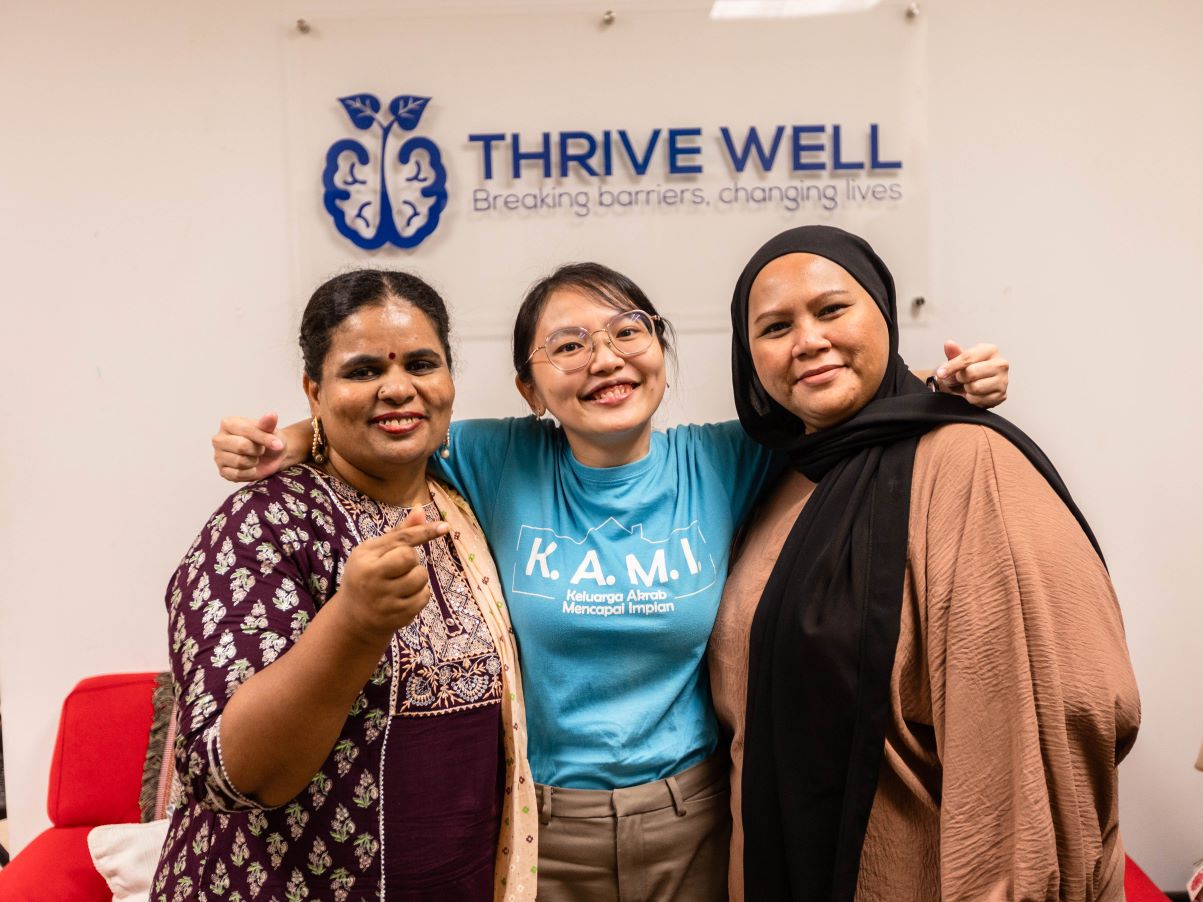What Happens When Good Cops Help Street Kids
In the earlier years of my police career, I was already exposed to problems in my municipality in Mindanao, Philippines, involving children in conflict with the law.
It was frustrating.
The problem seemed endless. Almost every day there was an incident involving children for simple theft, truancy, robbery and the like.
I and the local social welfare officer were in a constant dilemma as to what to do with these children.
They were arrested, referred to the social welfare office and then returned to their parents, only to re-offend again - and again.
And then, in the 3rd quarter of the year 2001, I received a very important message from the national police headquarters.
I consider that call not only as the turning point of my career but also of my advocacy.
I was picked to represent my region in a training of trainers for law enforcement and corrections officers in Manila.
It was sponsored by UNICEF, the UN's children's rights organisation.
One of the highlights of the training for me was on juvenile justice, where we were given exposure to children in prison in Manila at that time.
I met a child who was jailed for years, just for stealing 1kg of fish.
That exposure, and the training, opened my understanding to the plight of children in conflict with the law, and it ignited my passion to better understand them and help them.
I now see these children not as suspects but as victims. And my approach to the problem is now more preventive and rehabilitative, no longer punitive.
This led me to start the Protect, Feed and Save community project in Cabadbaran, in the province of Agusan del Norte, in Mindanao, Philippines.
About Feed, Save and Protect
Contributors
Video Editor
Writer
Producer
Camera Work



